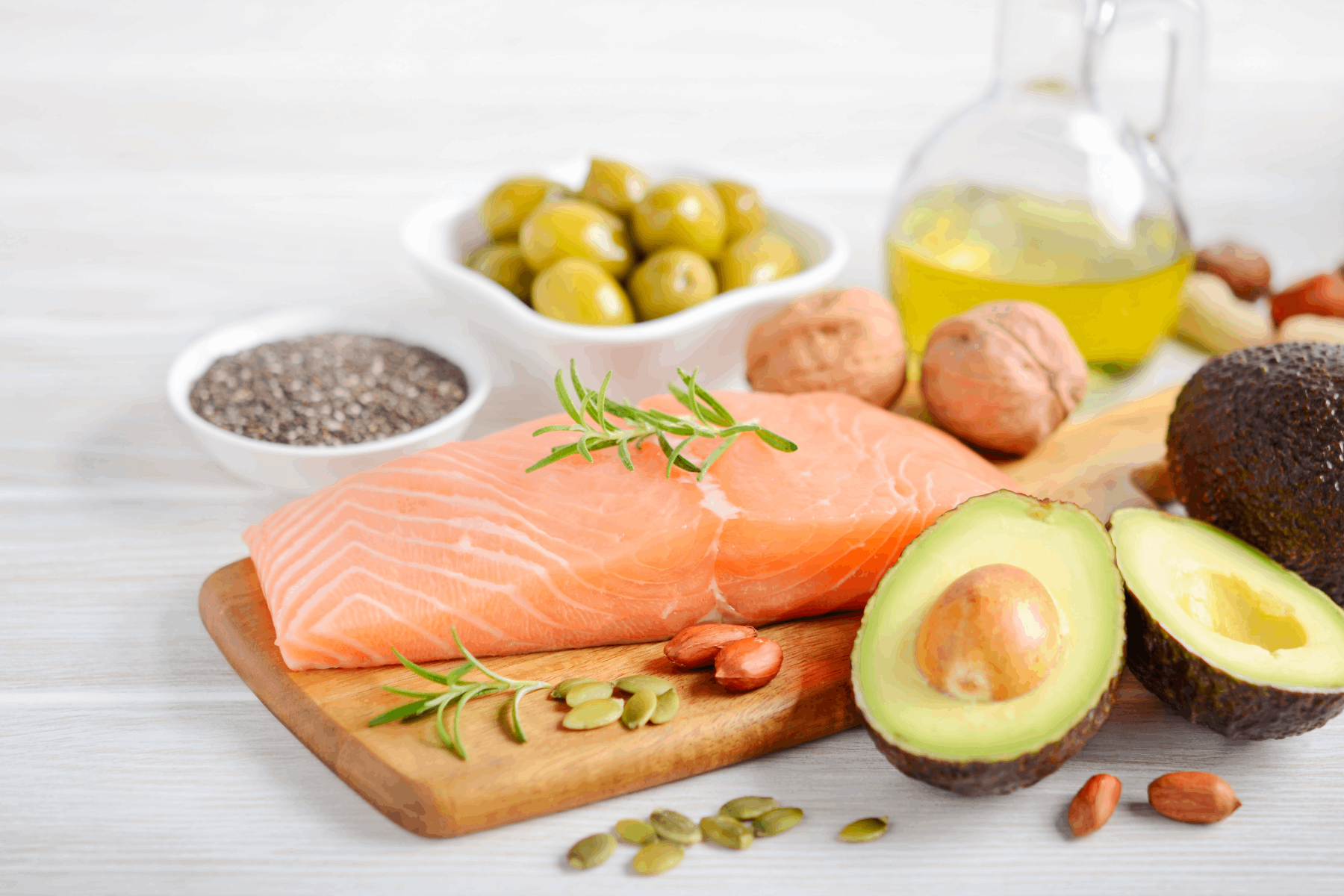What are the Benefits of Omega-3?
Omega-3 is a group of polyunsaturated fatty acids (PUFAs), which protect the human body's cellular membranes and internal organs from destruction. You have probably heard of the benefits of Omega-3 fatty acids for intellect and immunity. Still, these are not the only benefits they have for the body.
Omega-3 Reduces Asthma Symptoms
Due to the pronounced anti-inflammatory features of fatty acids, Omega-3 positively affects fighting asthma symptoms. They reduce the inflammation of the lungs and inflammatory passages. With this, they increase lung function.
Omega-3 Treats Depression
Omega-3 fatty acids help to increase the effectiveness of antidepressants. With this, they affect the success of depression treatment. Scientists from the University of Bergen noted that patients, who regularly took fish oil for two weeks, have lost depression symptoms.
- depression and feeling overwhelmed
- reduction of social activity and development of the chronic tiredness syndrome
- mood swings and anxiety
- sleep disturbances: drowsiness and insomnia
Omega-3 Reduces the Manifestation of ADHD
Numerous studies have shown that children with attention deficit hyperactivity disorder show low levels of Omega-3 fatty acids in their bodies. Therefore, consuming oily fish, nuts, seeds, and food additives with these acids can reduce symptoms of ADHD and improve a child's attention.
Omega-3 Improves Heart Health
Omega-3 acids maintain heart health due to an increase in the levels of "good" cholesterol. They also decrease arterial blood pressure and do not let the formation of blood clots in blood vessels.
7 Products, which Contain more Good Fatty Acids than Fish Oil
Dieticians suggest that fish and olive oil, which are part of the Mediterranean diet, make it the best and promote longevity. This is due to the high content of Omega-3 in these products. We have found 7 other products rich in "good" acids, which will protect your heart and blood vessels.
Rapeseed Oil
This is the healthiest oil out of all oils used in cooking. One tablespoon contains 1300 mg of alfa-linolenic acid, which is even more than the daily dose (1100mg). In addition to this, in comparison to olive oil, this oil is excellent for frying and baking, as it tolerates heat well. Therefore, it is worth keeping a bottle or two in storage.
Flaxseed Oil and Seeds
Flax seeds can be added to salads, pastries, and yogurts: one tablespoon contains 2300mg of Omega-3. Flaxseed oil is excellent when added to salads, as one tablespoon of it contains 5 daily doses! But remember, flaxseed oil is only suitable for cold consumption; it cannot be heated.
Wild Rice
Apart from Omega-3, wild rice is rich in protein, fiber (twice as much as dark rice), group B vitamins, manganese, zinc, potassium, phosphorus, and magnesium. Despite this, 100 grams of wild rice contains only 100 calories – it is a great choice!
Eggs
Fortunately, cardiologists have rehabilitated eggs: they are no longer considered a storehouse of terrible cholesterol. On the contrary, nowadays, diabetologists recommend adding eggs to the diet of everyone worried about their heart and blood vessel health. Eggs are full of protein, which helps us to stay full for longer. Moreover, eggs are rich in vitamin D and Omega-3; therefore, eat your daily scrambled eggs with pleasure.
Soybeans
If you are keeping a vegetarian diet, then you cannot imagine your life without soybeans – and this is great! Only one portion of soybeans contains 280mg of vegetable omega-3 fatty acids. And protein and fiber as well. So, it's worth eating soybean often.
Walnuts
A handful of walnuts is two daily doses of omega-3 fatty acids. They can be added to salads and pastries, as well as enjoyed with tea. This makes a great snack.
Dairy Products
Dairy products high in fat are required by your body and should be eaten more. They are full of calcium, vitamin D, and Omega-3, "good" fatty acids.
